Is it really a big deal?

Introduction
Using certified lightning cables is crucial for maintaining the optimal performance and safety of your devices. In this article, we highlight the significance of certified cables and shed light on the potential risks associated with counterfeit or uncertified alternatives.
Original Lightning Cables
Certified lightning cables feature specific chips, such as the older (E75/C48) or newer (C89, C91/C94) chips. These chips regulate the power flow into your iDevice and include special codes that grant permission for power transmission. Apple charges third-party cable manufacturers a premium for these chips, making them a reliable choice. Counterfeit lightning cables often mimic these chips but lack the necessary quality and safety standards.
Risks of Counterfeit Lightning Cables:
Identifying counterfeit cables has become more challenging as their appearance closely resembles genuine cables. These cables typically imitate the E75 or C48 chips and provide fake bypass codes to deceive the device. However, using these uncertified cables can lead to various issues, including charge port problems, battery issues, and most notably, main board damage. Repairing board damage requires complex micro soldering techniques, which can be costly and sometimes exceed the device’s value.

Identifying Certified Cables
If you are unsure about the certification status of your chargers, we offer complimentary testing services. Our experts can quickly identify uncertified or counterfeit cables and provide you with the necessary guidance to ensure the safety of your devices. Additionally, refer to the provided image as a reference when shopping in leading retail stores to identify certified cables.

Tips to Avoid Uncertified Cables
1. Be cautious when purchasing cables online, especially from platforms like eBay or Amazon, where counterfeit cables are prevalent.
2. Be aware that some chargers labeled as “MFi Certified” may not actually meet the certification standards unless its from a reliable retailer.
3. Avoid buying cables from gas stations or unreliable sources that may not prioritize quality and compliance.
4. Stick to reputable physical stores like Walmart, Target, and BestBuy, as they are more likely to stock certified cables to comply with Apple’s regulations.
5. Refrain from using lightning cables borrowed from friends unless they are from established brands available in trusted stores.

